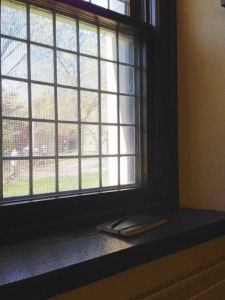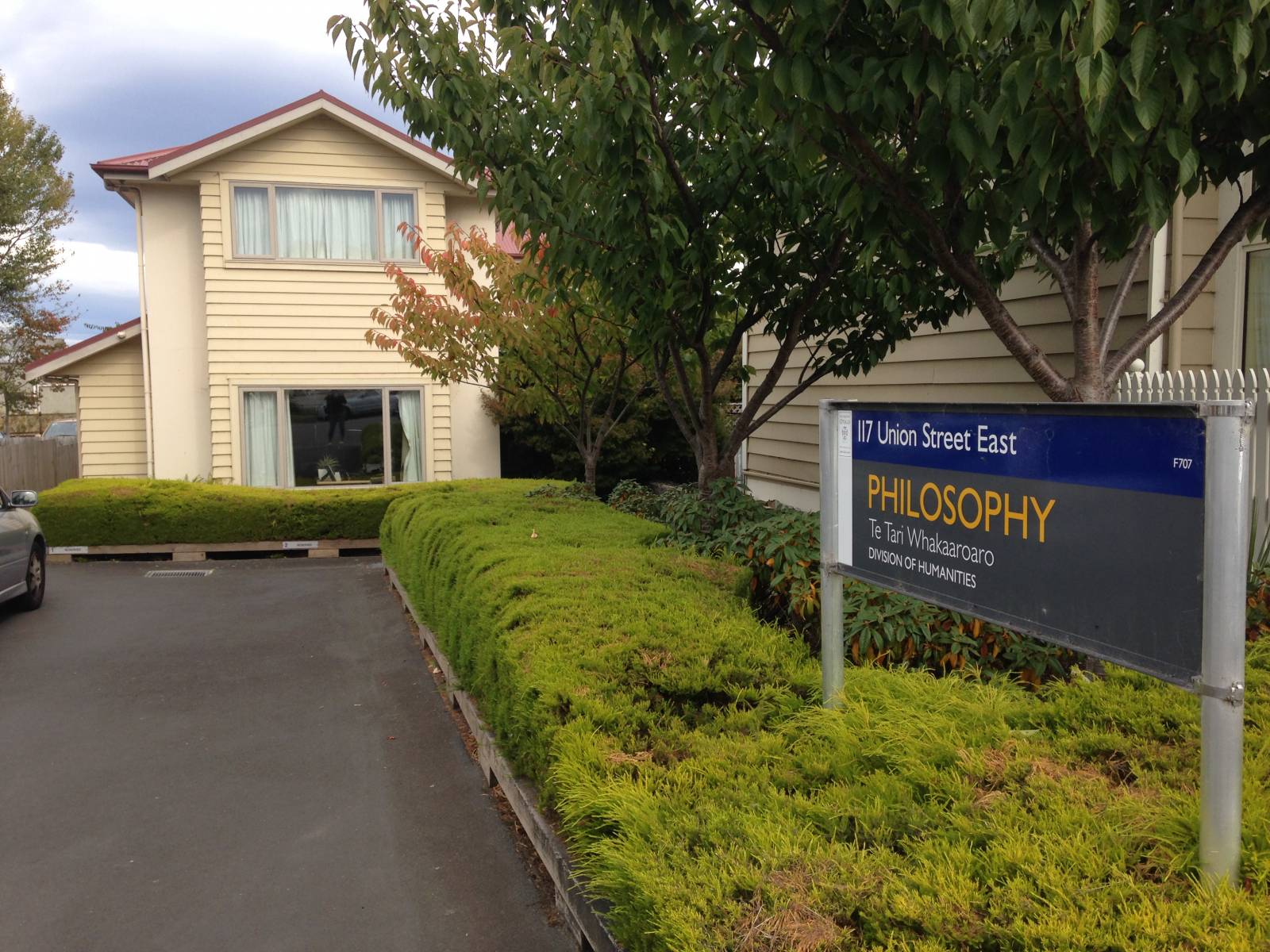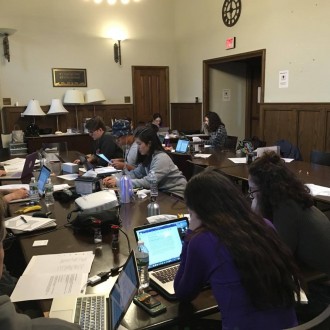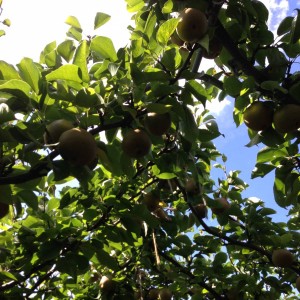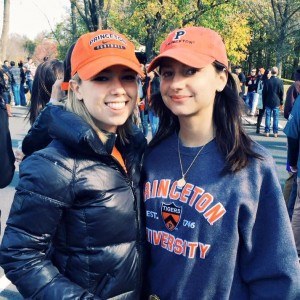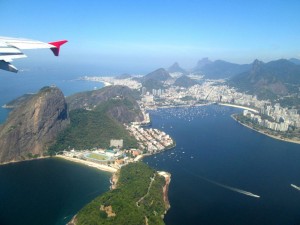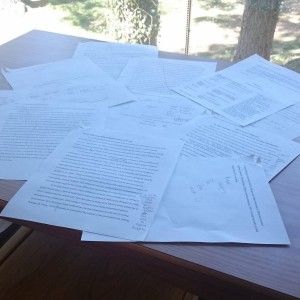Over the course of the semester, PCURs will reflect on the professors, advisers, and friends who shaped their research experiences. We present these to you as a series called Mentorship in Research. Most undergraduates have met, or will meet, an individual who motivates and supports their independent work. Here, Dylan shares his story.
~~~~~~
“Everything you might write has been written before,” said Professor Pedro Meira Monteiro, my adviser, leaning back into his chair.
I was in a JP meeting in his cozy, naturally lit East Pyne office. The paper had me in high-stress mode, but I was in good hands. Somehow, hearing that all work is derivative and unoriginal did wonders to immediately calm me down.
Let me explain.
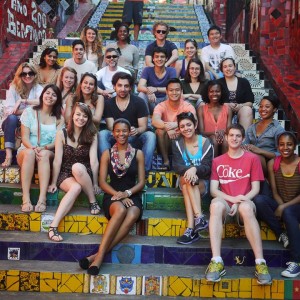
I am writing my JP about Nise da Silveira, a Brazilian psychoanalyst who taught painting and sculpture to schizophrenic patients as a means of treatment. This paper is meant to prepare me for my summer research in Rio de Janeiro, where I’ll look at current artists who use da Silveira’s teachings as creative inspiration. My JP is, to a certain degree, an appetizer — the background knowledge I need to enrich my summer work.
And yet, the deeper I got into my topic, the more I faced the sinking feeling that I couldn’t contribute much to the scholarly discussion — at least not until I got to Brazil and did my interviews.
Continue reading Mentorship in Research: Overcoming Originality


